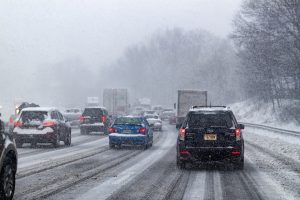Barbecues can take a long time to cool down and should be completely cold before embers are thrown away, residents are being reminded.
This advice follows a fire last week in which a fence, two wheelie bins, a children’s paddling pool, the back door and bathroom window on a house, as well as garage guttering, were damaged at a property in Northampton.
The cause is believed to have been accidental and attributed to the disposal of barbecue materials, prompting a reminder to people about safe barbecuing guidelines.
This is not the only barbecue Northamptonshire Fire and Rescue Service (NFRS) has attended this summer and people are reminded that it is very easy for fires to be caused through their use.
Lisa Bryan, Prevention, Safeguarding and Partnerships manager at NFRS, said: “People have been spending more time at home and in their gardens because of COVID-19 lockdown restrictions and barbecues can be popular when the sun is shining.”
“We really want people to enjoy the summer, but we would remind people that barbecue coals can still be hot, even many hours after a meal has been cooked. Doing something like throwing a disposable barbecue or hot embers into a bin can cause that bin to catch fire and flames can spread quickly, putting property at risk.
“We would say, leave plenty of time for your barbecue to thoroughly cool before disposing of it.
“Other simple precautions such as having a bucket of water nearby just in case it is needed, and positioning the barbecue well away from anything that could ignite can help to keep you safe while having fun.”
Barbecue safety messages:
- Only have barbecues in designated areas and avoid setting any open fires in the countryside.
- Always stay with a barbecue and do not leave it unattended. Never use accelerants such as petrol or paraffin on or near barbecues or fires.
- Whether at home or elsewhere, make sure barbecues are kept away from sheds, fences, trees, shrubs or garden waste.
- Barbecues can remain hot for a very long time. Ensure they are cold and have been extinguished properly before disposal.
- Keeping a bucket of water handy, or having a garden hose nearby is a useful precaution.
- Enjoy yourself, but don’t drink too much alcohol if you are in charge of the barbecue or any cooking.
- Never use a barbecue indoors. There have been incidents, nationally, with people bringing barbecues into enclosed spaces, resulting in carbon monoxide poisoning.
- Keep a bucket of water, sand or a garden hose nearby for emergencies.
- Follow the safety instructions provided with disposable barbecues.
- Empty ashes onto bare garden soil, not into dustbins or wheelie bins. If they’re hot, they can melt the plastic and start a fire.
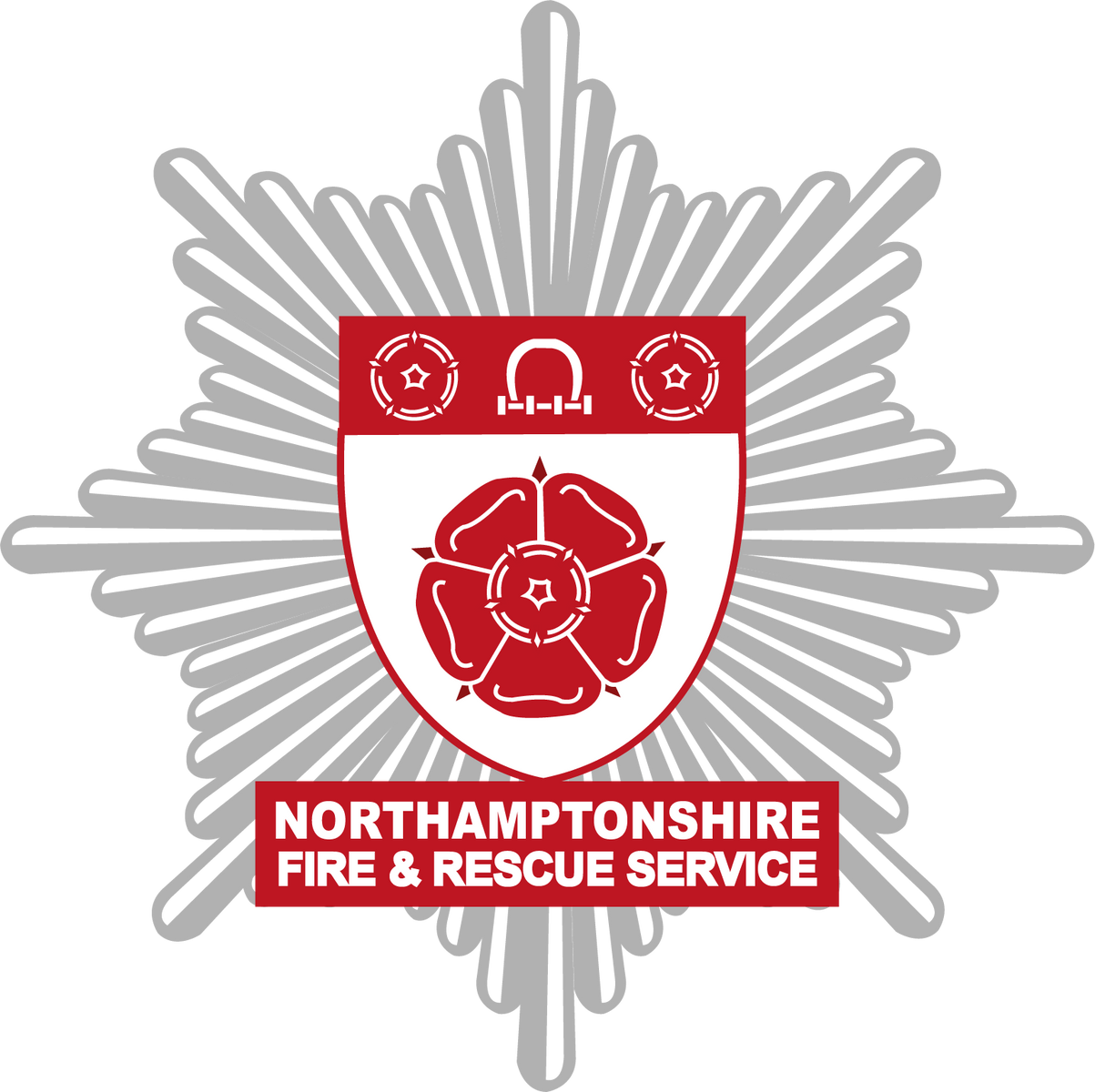

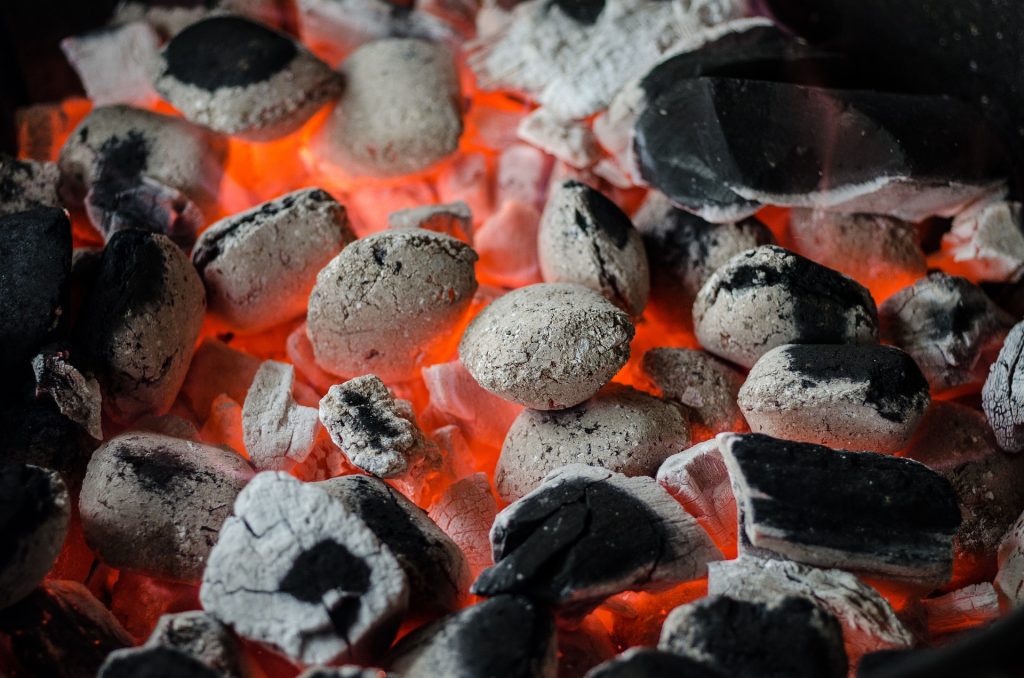
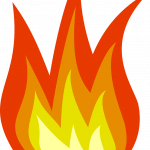
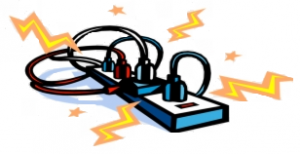
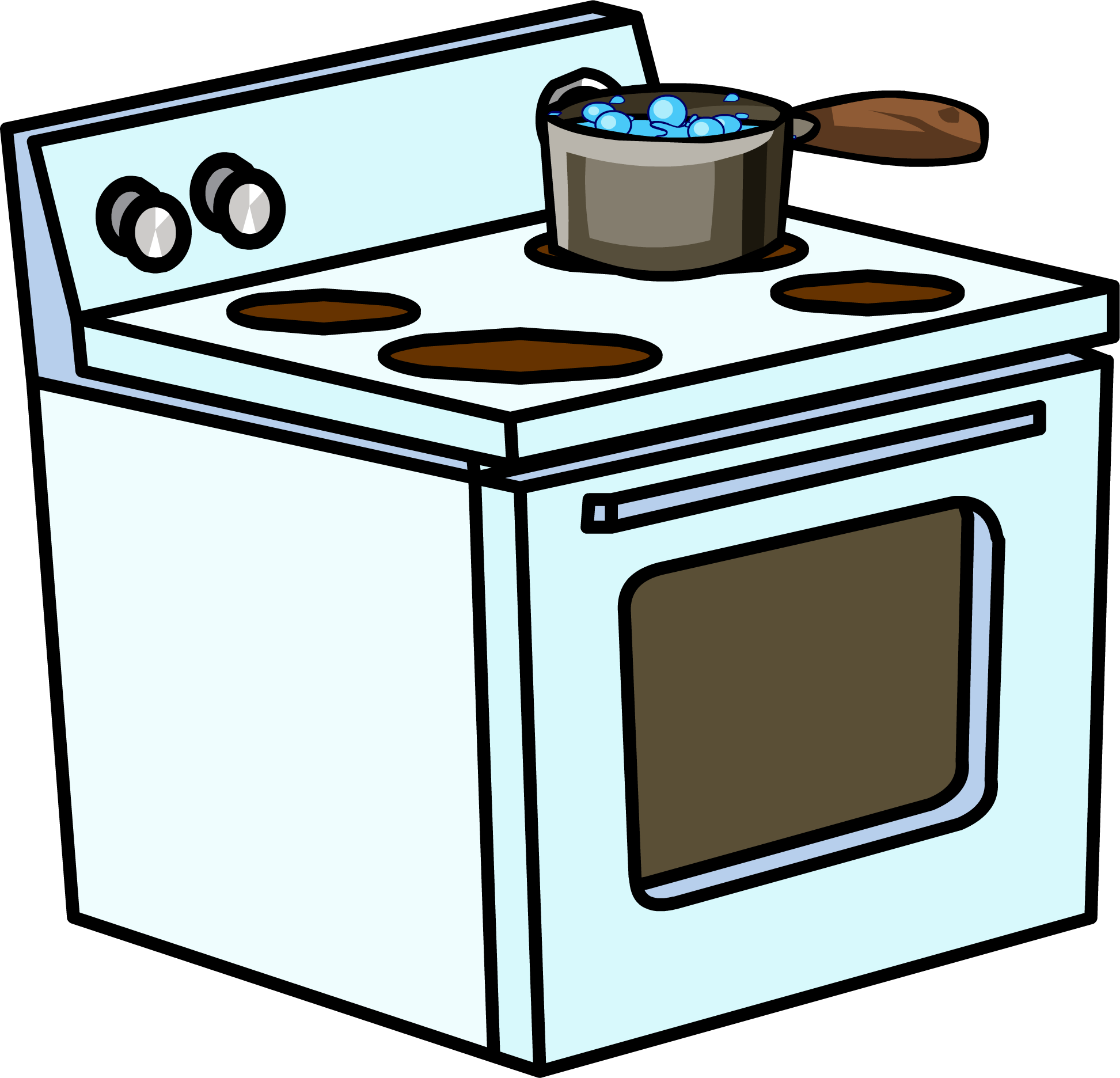


 Fire Risk Assessment (worked example for House in Multiple Occupation (HMO)) (PDF 389KB)
Fire Risk Assessment (worked example for House in Multiple Occupation (HMO)) (PDF 389KB)